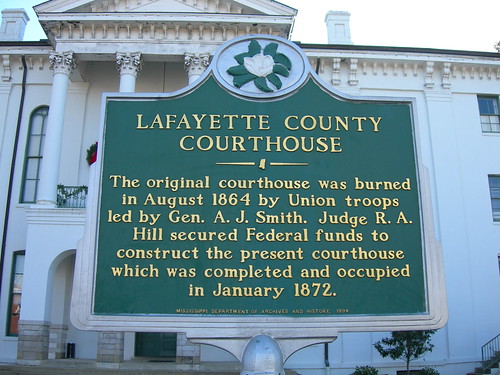 |
| Steamer Katie Robbins loaded with cotton. Collection of the Old County Court House Museum, Vicksburg, Mississippi. |
Editors! We cannot have too much editorial input!
The most gratifying thing is that Editor loves it, loves it not least because he didn't know anything before about what's in it. He fell in love with Newton Knight.
I understand better now too, why I ended up with something different from what I was originally writing. It began changing because Editor hated the title I had: "Mississippi: Idyll and Elegy."
Thus I dropped the title, and was working without one. I never can compose without a title. So, I didn't know what I was doing anymore, and it took forever to get to what I got to. And I'd had all that embedded previous text composed around the now non-existent title.
So this is another first, putting a title to something finished, instead of starting with the title.
None of this matters a jot to anyone else, but it is interesting for me to think about. The writing process -- one never knows how it will proceed.
 |
| Lafayette County, model for Faulkner's Yoknapawtapha County |

No comments:
Post a Comment